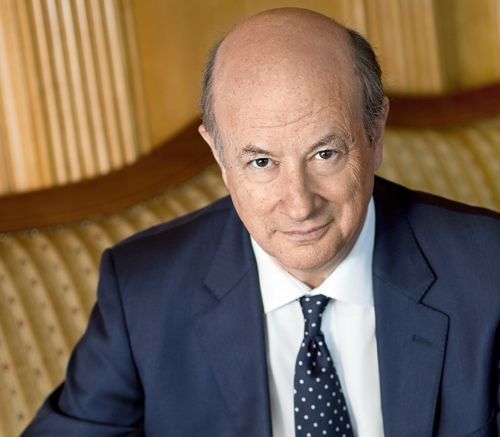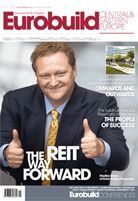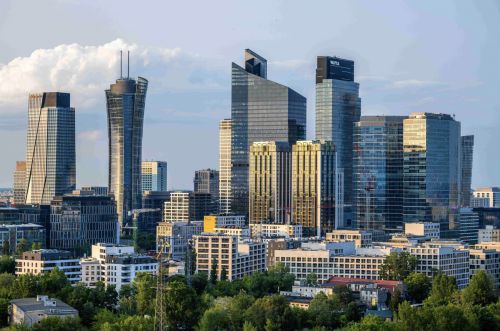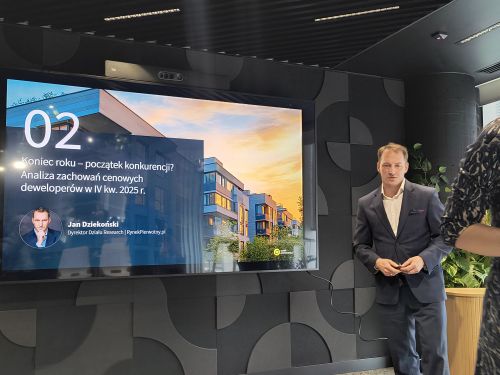‘Eurobuild CEE’ magazine: How long will the era of so-called cheap money last? What might make central banks change direction and start raising interest rates?
Jan Antony Vincent-Rostowski: I believe that the era of so-called cheap money is still going to last a long time. When you consider the very low levels of economic growth and, more importantly, the low inflation rate, there’s no cause for central banks to increase nominal interest rates. Real interest rates are being held down by demographic causes (ageing societies tend to save more) as well as by the lack of a sufficient number of high yield investment opportunities. This second reason is probably a result of the current nature of technological development, which requires little capital. The only exception on the horizon is the Federal Reserve of the United States, which might increase interest rates by 0.25 pct in December. However, this would have more of an effect on the dollar exchange rate than it would



























































